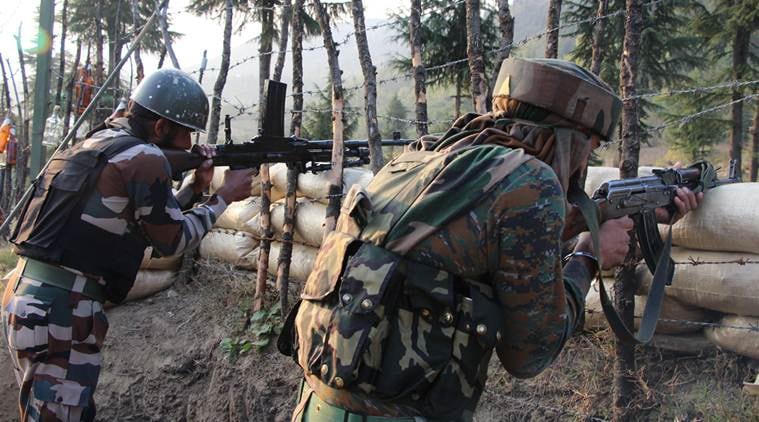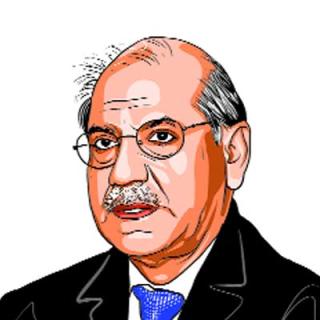Politics, but no politics
Deteriorating situation in Valley can’t be delinked from abdication of political responsibility by governments in Delhi.

The latest terrorist outrage in Kashmir underscores the nature of the war against terror. The terrorist has to succeed only occasionally to negate, in public perception, the scores of successes security forces may have achieved in preventing or forestalling similar previous attempts. It is to the credit of the security forces, including the Indian Army, the BSF and the CRPF, that they have undertaken many successful operations in the recent past to neutralise terrorist elements before these could perpetrate lethal damage.
The number of terrorists who have been eliminated in recent operations has increased significantly. While we must identify any lapses in Standard Operating Procedures (SOP) or intelligence failures which may have enabled a major attack to be mounted against the CRPF convoy, one must acknowledge that there will always remain a possibility that someone, somewhere, sometime will manage to breach even the most forbidding of defences.
There is a limitation of resources, making it difficult to put in place the most advanced and relatively robust anti-terror measures. There is a constant compulsion to minimise inconvenience and the potential harassment of ordinary citizens. There is always a trade-off between enhanced security and the public’s freedom of mobility and access to public spaces. One may lessen risks but their total elimination is not possible. Before rushing to judgement on what may have gone wrong and fixing accountability, it is important that we do not lose sight of the complex political and security environment, particularly in Kashmir, that our forces have to operate in.
In the present case of a suicide bomber jamming his explosive-laden SUV into a CRPF troop carrier which was part of a long convoy, several points are noteworthy. The attack occurred on the Jammu-Srinagar highway, which is the only major artery leading into the Valley. This is used by civilians as well as the security forces. To close off the highway whenever it is being used by security forces is simply not feasible. It would have an adverse impact on the state’s economy. This compulsion created the opportunity for the explosive-laden SUV to drive alongside and jam into one of the CRPF vehicles. Could the troops have been moved by air instead? Yes, but this would have been a major expense and if included in the SOPs for the future, will necessitate a huge increase in the security budget.
The use of a suicide bomber for the operation, and that too, a local youth, is ominous. It represents a deliberate escalation and points to growing radicalisation of Kashmiri youth.
There is talk of intelligence failure. Those familiar with intelligence work know that the agencies are inundated daily with a large volume of information picked up from human and electronic sources, including communication intercepts. Intelligence alerts may be issued on this basis but alerts are not the same as precise intelligence indicating the place, time and nature of a planned attack and who may be intending to carry it out. In the present case, too, there were vague “alerts”, but to allege intelligence failure because these alerts did not lead to apprehension of the attacker before he carried out his murderous attack, may be misleading.










.png)




























No hay comentarios:
Publicar un comentario